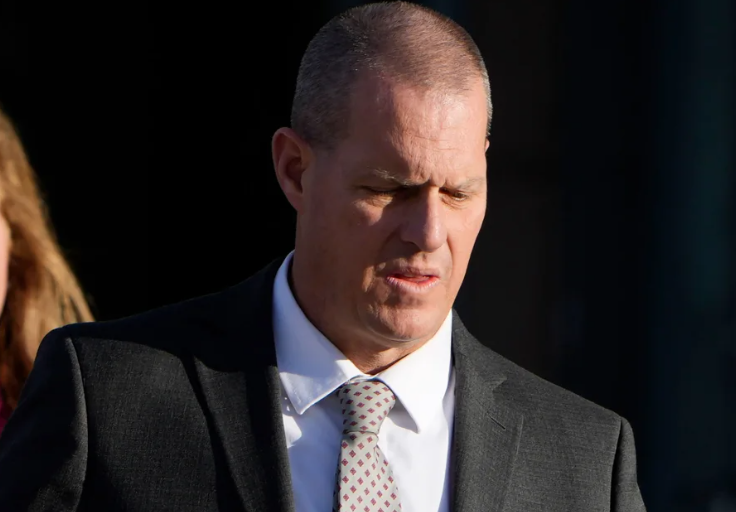Peter Cichuniec, one of the paramedics involved in the tragic 2019 death of Elijah McClain has received a five-year prison sentence for criminally negligent homicide and second-degree assault.
His co-defendant, Jeremy Cooper, awaits sentencing in April. The case, unprecedented for paramedics, challenged the typical legal protections they enjoy. Cichuniec, the senior paramedic present, faced emotional pleas for leniency from his family, while McClain’s mother demanded justice for her son.
McClain’s encounter with police began with a call about a “suspicious person.” Despite being a gentle soul returning home with iced tea, he was aggressively restrained, deprived of oxygen, and injected with a fatal dose of ketamine.
During the trial, it emerged that the decision to administer such a high dosage was based on flawed assumptions about McClain’s condition, compounded by a dubious diagnosis of “excited delirium,” a term not recognized by medical authorities.
Dr. Roger Mitchell, a forensic pathologist, emphasized that McClain exhibited no signs of the alleged condition but showed clear indications of oxygen deprivation. The case, initially overlooked by prosecutors, gained national attention amidst the Black Lives Matter movement. Following public outcry, a special prosecutor was appointed, leading to indictments against the paramedics and three police officers involved.
While Cichuniec’s sentencing offers a modicum of accountability, it underscores systemic failures in handling cases involving excessive use of force and medical negligence. McClain’s tragic death serves as a stark reminder of the urgent need for comprehensive reform in law enforcement and emergency medical services to prevent similar injustices in the future.

